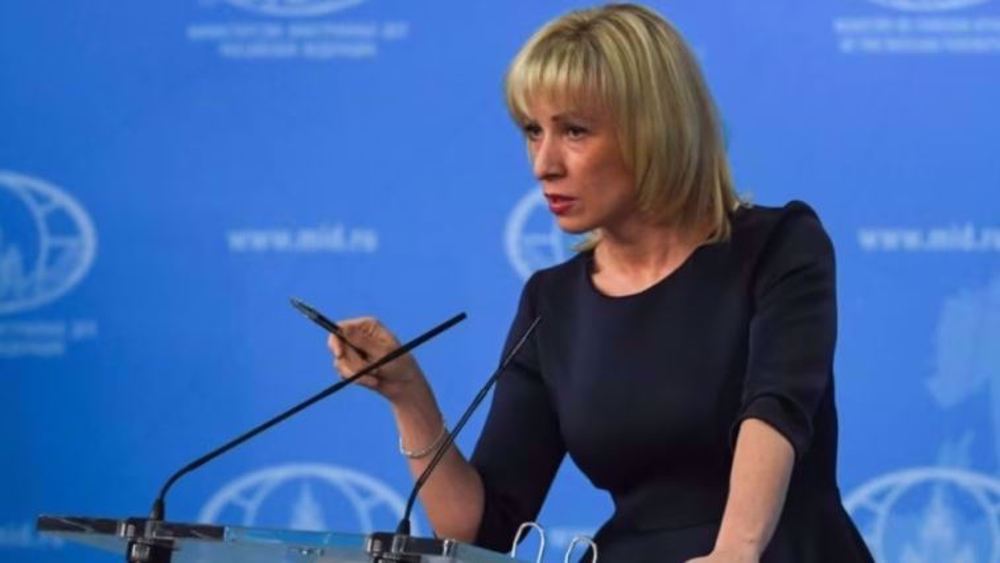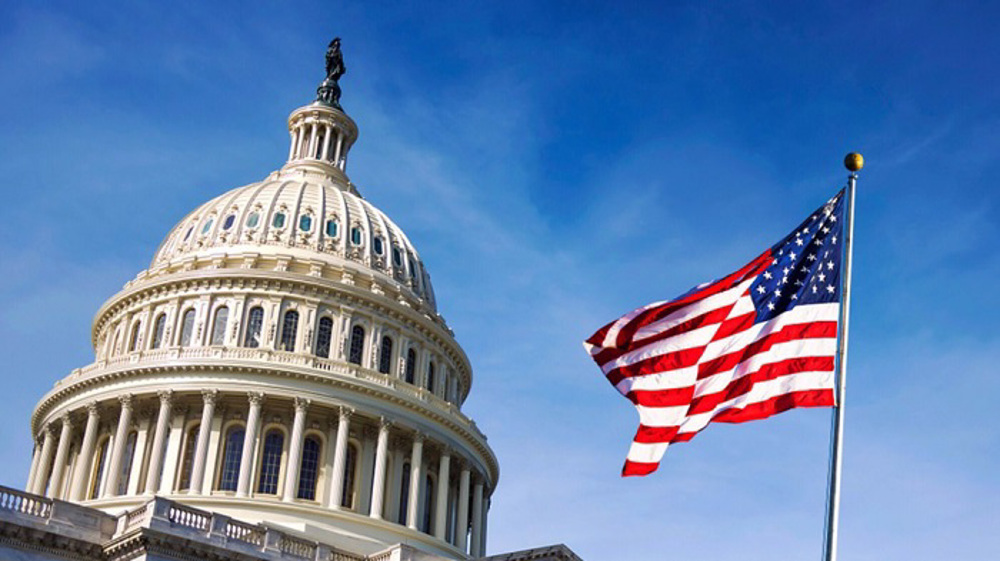Congress passes tougher sanctions on North Korea
The US House of Representatives has passed legislation which would impose tougher sanctions on North Korea for conducting nuclear tests and launching missiles considered by the US and South Korea as ballistic.
In a 408-to-2 vote on Friday, the House adopted the bipartisan measure which would target any individual or entity that imports goods or technology or training pertaining to weapons of mass destruction into North Korea or anyone who deliberately engages in human rights abuses.
On Wednesday, the US Senate adopted the legislation, following a similar step by the House earlier this month and the Friday’s vote was on a compromise version.
In a 96-0 vote on Wednesday, the US senators unanimously backed North Korea Sanctions and Policy Enhancement Act, arguing the UN Security Council was too slow in stifling the Asian state’s threat.
The bill now goes to the White House which said Friday President Barack Obama will not oppose the legislation.
"Like many members of Congress, the administration is deeply concerned about North Korea's recent actions and the serious setback that this test represents," White House spokesman Eric Schultz said.
"We're philosophically and intellectually in the same place as the Congress on this," Schultz added.
The new measure would also cut down on money laundering and narcotics trafficking, which are thought to be funneling millions of dollars into the North Korean leader Kim Jong-Un’s inner circle.
In addition, certain penalties would be considered for the sanctionable activities which would include the seizure of assets, visa bans and denial of government contracts.
According to Senate Foreign Relations Committee chairman Bob Corker, the bill, for the first time, establishes a framework for sanctions in the face of North Korean cyber threats.
However, Corker said that it would not be easy to target Chinese firms linked to Pyongyang.
"This is about North Korea, it's not about punishing China," he told AFP. "But if there are, we know there are, entities that are helping facilitate (prohibited activities), those entities would be punished."
On February 7, North Korea successfully launched a long-range rocket, saying that it carried a satellite into space. However, the West and some regional countries say such launches by North Korea are in fact ballistic missile tests.
The country declared itself a nuclear power in 2005 and carried out several nuclear weapon tests in 2006, 2009 and 2013. It also conducted its fourth nuclear test in January, triggering condemnation from the international community.
Pyongyang says it is boosting defense capabilities in the face of enemy threats. The country is irked by joint military maneuvers by South Korea and the US and views them as direct threats against its security.
Iran, Pakistan to bring peace, stability to region through cooperation: Raeisi
'Regrettable': Iran slams EU sanctions, says bloc satisfying criminal Israeli regime
Hamas to survive as Israel fails to destroy command centers, tunnels: US media
April 22: ‘Axis of Resistance’ operations against Israeli occupation
N Korea holds first ever 'nuclear trigger' drills, simulates counterattack
VIDEO | Press TV's news headlines
VIDEO | The Rise of Palestine Action
Pro-Palestinian protests gain momentum across US universities














 This makes it easy to access the Press TV website
This makes it easy to access the Press TV website